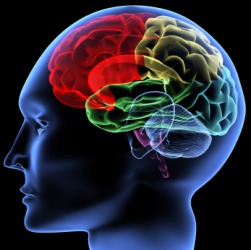
In young people, sleeping is viewed as very helpful and young people also believe that it helps them remember things unlike in older people, sleeping does not help them remember. Sleep has been shown in a wide variety of studies to increase people’s ability to recall words and objects and to improve physical skills. But that may only be available in the young ones. Researchers have shown that a night of sleep improves young people’s ability to learn a series of button presses similar to playing a piano. In adults over 50 years of age, that was not the case; they did not get a bump in performance from sleeping. But scientists believe that that difference may have been due to older folks’ slower reaction times. Although that does not agree with the new study, though, they suggest that its sleep’s memory benefits that are reduced with age.
The reason older people have trouble learning new tricks may be due to fragmented sleep patterns. Older people sometimes wake up more in the night (often to go to the bathroom), but also as people age, their sleep cycles get shorter. Although older and younger people get the same amount of sleep, older people spend less time per cycle in each of sleep’s stages. Particularly important in this case may be that older people spend less time in sleep stage 2, in which the day’s events are played back and committed to memory. It could also be that older people just don’t have enough time to replay and remember the entire sequence of the days’ events.
Most teens have trouble waking up in the morning or for school because their bodies drift in a later direction. In order for everyone to avoid sleep disorders in the future, everyone is advised to pay close attention to their sleep health.
